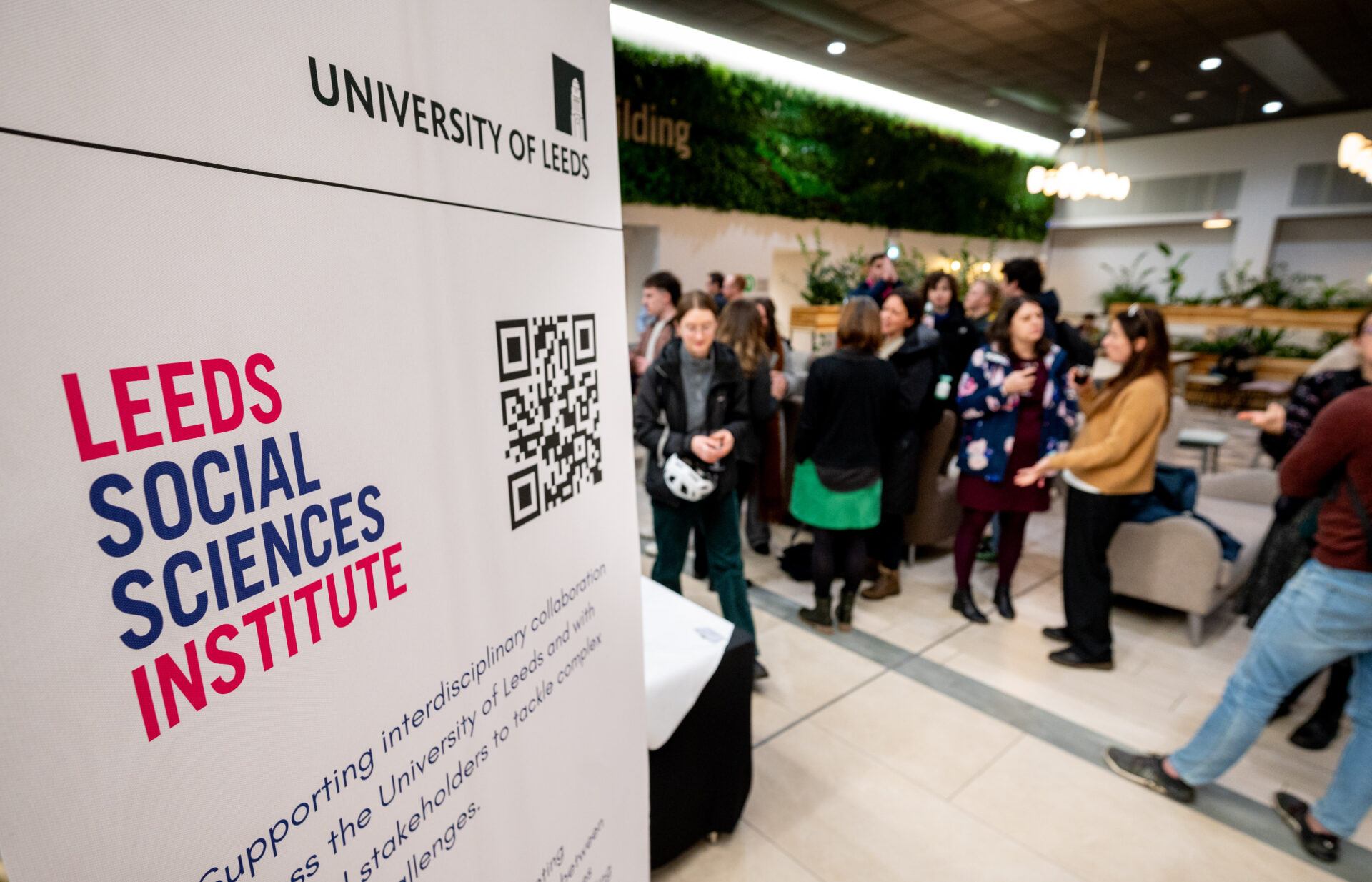Developing the Next Generation of Social Science Research Leaders at Leeds

Jointly led by the Leeds Social Sciences Institute (LSSI) and the Research and Innovation Service, our 2025 Social Science Mid-Career Researcher Development Cohort has reached its halfway point.
At a time when the demand for ambitious, interdisciplinary, and impactful research is growing, the Leeds Social Sciences Institute (LSSI) is taking a proactive approach to strengthening the University’s social science leadership capacity. Now halfway through its pilot, LSSI is supporting a cohort of 16 mid-career academics to develop the skills and strategic awareness needed to lead large and complex research funding proposals.
The programme responds directly to changes in the research funding landscape. Funders are increasingly shifting to prioritise larger, more complex and more interdisciplinary research grants. However, leadership is often not from the social sciences, particularly due to the experience provided in other disciplinary areas by the greater prevalence of team science. Often, leadership of large-scale social science projects can be concentrated among a small number of senior academics. This represents both a risk and an opportunity. Without targeted support, a small pool of established researchers continues to carry the weight of the institution’s large-scale funding ambitions, and mid-career researchers continue to be a ‘forgotten middle’ who receive less support to realise their potential to develop and undertake transformational research. However, with the right intervention, we can unlock a wider, more diverse group of capable and ambitious social sciences research leaders.
We know that many excellent mid-career social scientists at Leeds have the ideas and expertise needed to lead transformative research. This programme is about making sure they also have the practical knowledge, networks, and support to be ready to take that next step.
-Alison Lundbeck, LSSI Research and Innovation Development Manager
The 9-month pilot programme uses a cohort model, bringing together mid-career researchers from across faculties and disciplines. Endorsed by Heads of Schools, participants commit their time to engaging in monthly (with a summer break) structured sessions on key aspects of research leadership and using time between sessions to develop their ideas, understanding of large research investments, and action plans. Sessions cover an array of topics, from developing partnerships, to governance and investment structures, and navigating the research landscape of large social science investments.
What makes the programme distinctive is its emphasis on peer learning and cross-faculty collaboration, creating a much-needed space where researchers can learn not just from ‘training’, but from each other’s real experiences, questions and challenges. For many in the social sciences, academic careers can be shaped by lone scholarship, working individually on research agendas, often with limited opportunities to engage in collaborative leadership or team-based grant funded work. This can make the leap to leading large, multi-partner projects more daunting. The cohort model directly addresses this, offering participants the chance to build trust, networks and mutual insight across disciplinary boundaries, laying the foundations not only for stronger future proposals, but also for a more connected, collaborative research culture at Leeds.
This programme is a natural extension of LSSI’s wider mission to support social scientists across the University of Leeds in tackling complex societal challenges collaboratively and effectively. As part of its vision, LSSI advocates for the central role of social sciences in responding to major global issues. The institute works across disciplines and faculties, providing skills training, facilitating connections, and supporting research impact through mechanisms such as the ESRC Impact Acceleration Account, Co-Production Network, and our public and policy engagement work.
In tackling this critical gap in support for mid-career academics, LSSI is helping to bridge the transition from excellent researcher to confident research leader, particularly for those underrepresented in traditional leadership pipelines. By developing confident, capable, and connected leaders, the institute is laying the groundwork for the kind of research our world urgently needs to address complex societal challenges: ambitious, interdisciplinary, and grounded in a deep understanding of how people and groups behave and interact with the world around them.
